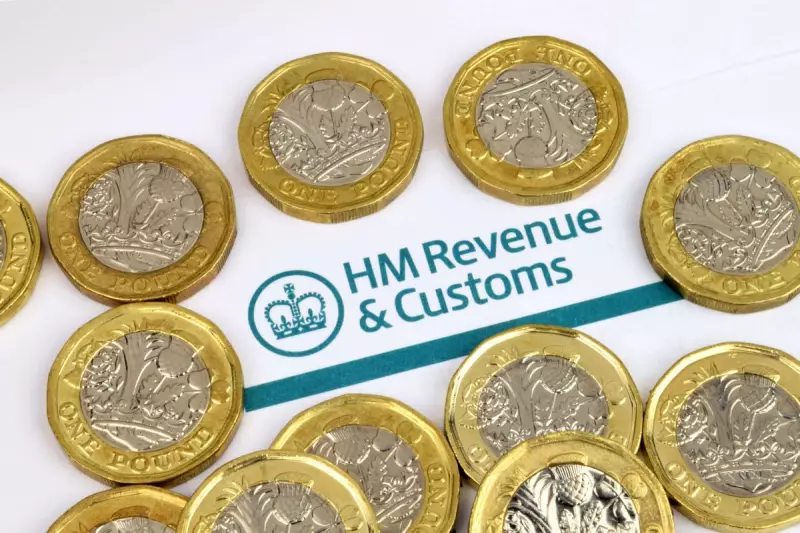
Millions of taxpayers across England, Wales, and Northern Ireland are set to feel a prolonged squeeze on their finances after the government confirmed an extension to the freeze on income tax thresholds.
The current income tax bands will now remain locked in place until at least April 2031, a move originally announced by the Chancellor. This decision pushes the initial freeze, which was set to last until April 2028, out for another three years.
The Mechanics of Fiscal Drag
This policy is a textbook example of fiscal drag. In the past, tax thresholds were routinely increased each year in line with the Consumer Prices Index (CPI) measure of inflation. This helped prevent people from being pushed into higher tax brackets simply because their pay had risen with the cost of living.
By halting these adjustments, the government effectively allows inflation and wage growth to pull more individuals into paying tax, or into paying tax at a higher rate. The Office for Budget Responsibility (OBR) estimates this extended freeze will raise a significant £7.6 billion in revenue for the Treasury by the 2029-30 tax year.
When combined with a similar freeze on the National Insurance Contributions (NICs) secondary threshold, the total revenue generated climbs to £8.3 billion.
Who Will Be Affected by the Freeze?
The impact will be felt across the earnings spectrum, from part-time workers to top earners.
For those on lower incomes, the freeze on the personal allowance—the amount you can earn before paying income tax, currently set at £12,570—is critical. With the National Living Wage rising to £12.72 per hour in April 2025, more people working part-time hours will find themselves earning enough to start paying income tax.
The OBR predicts that 780,000 more people will be brought into the income tax system by 2029-30 as a direct result of this policy.
For higher earners, the freeze on the higher-rate tax threshold of £50,271 will have a major impact. As salaries increase over the years, a larger number of people will see their earnings cross this line, moving them from the 20% basic rate to the 40% higher rate of tax.
The OBR forecasts that 920,000 more individuals will become higher-rate taxpayers by the end of the decade. Furthermore, an additional 4,000 taxpayers are expected to be pulled into the additional tax rate bracket, which taxes earnings over £125,140 at 45%.
Why Extend the Freeze?
Choosing to extend the freeze on thresholds, rather than explicitly raising income tax rates, is seen as a politically strategic move. It allows the government to increase tax revenue without technically breaking a manifesto pledge not to raise taxes for working people.
It is important to note that income tax bands in Scotland are set separately by the Scottish government and are not affected by this announcement.





